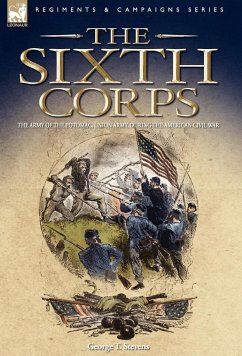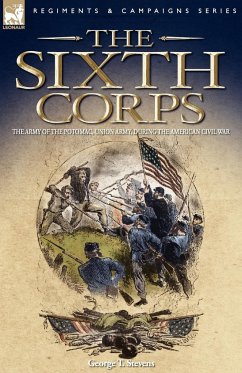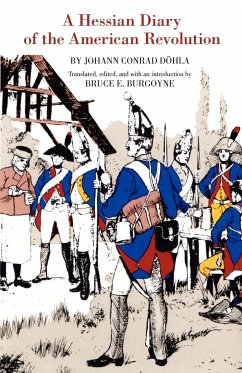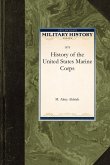This work contains the more significant part of a wider journal kept by the Hessian Jäger Corps during the American Revolutionary War ¿ a corps forming part of the German mercenary troops employed by the British. It is particularly interesting for its first-hand account of the jägers' involvement in the Philadelphia campaign, the occupation of Philadelphia, and the subsequent withdrawal across New Jersey to New York. Besides an English translation, the German text is provided. At the start of the Philadelphia campaign the Jäger Corps comprised four companies of foot jägers ¿ three Hessian and one Anspach ¿ and one mounted company, in all 600 men. As their name implies, most were huntsmen and all were crack shots, being armed with rifles, not muskets. While at Philadelphia the Corps was augmented by two newly arrived companies from Germany, increasing the total complement to 900, but it had suffered materially by attrition. For example, in the Battle of Brandywine two officers and six men were killed, whereas three sergeants and 35 privates were seriously wounded, the former of whom and many of the latter died. And so the losses continued during the numerous minor actions in which the Corps was engaged. The élite of the Hessian troops, the jägers were employed to great advantage in leading the van of a marching army or protecting its rear, covering a withdrawal, reconnoitring, and conducting partisan warfare, particularly ambuscades.








